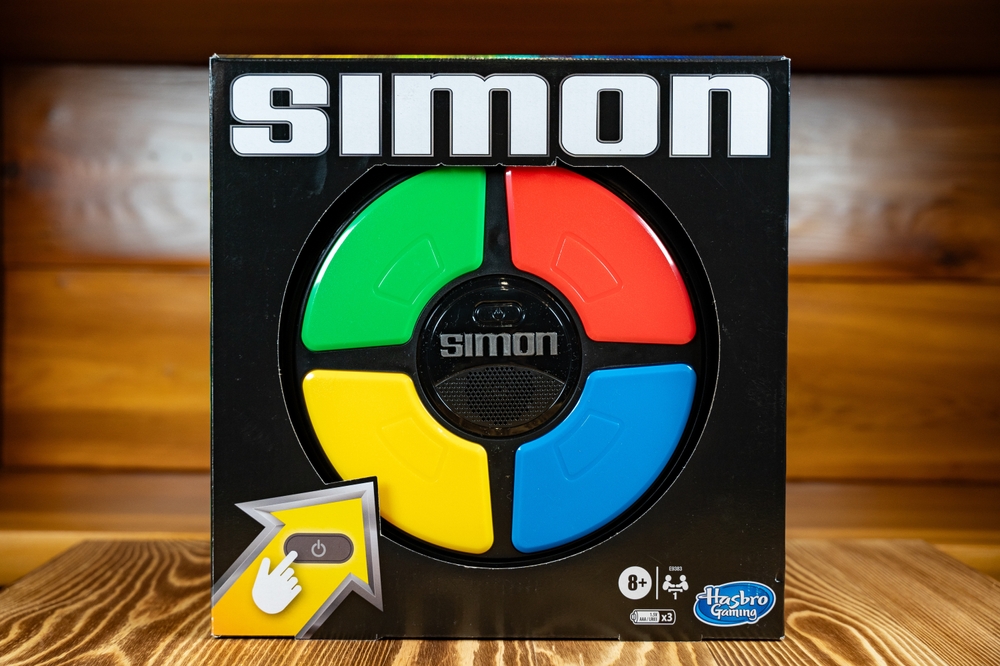In our fast-paced world, memory is an invaluable asset. From remembering names at social gatherings to keeping track of daily tasks, short-term memory plays a crucial role in our cognitive functions. Fortunately, just like muscles, our brains can be exercised and strengthened through engaging activities. Games, in particular, offer a fun and effective way to enhance short-term memory. Below are five games that stand out for their ability to sharpen cognitive skills and improve retention.
- Simon Says
A childhood favourite, Simon Says is more than just a playful pastime—it’s a brilliant tool for enhancing short-term memory. The game requires players to listen to and recall a series of instructions, acting upon them only when prefaced by the phrase “Simon says.” This challenges the brain to process and store immediate commands while filtering out misleading ones. The more complex the instructions, the greater the mental workout, making this an excellent exercise in attention and recall.
- Matching Pairs (Concentration Card Game)
A classic card game, Matching Pairs (also known as Concentration) involves laying cards face down and flipping two at a time to find pairs. This game stimulates the brain by demanding that players remember the location of previously revealed cards. With multiple pairs to track, short-term memory is constantly tested. As players improve, they develop sharper recall abilities, training the mind to retain and retrieve information quickly.
- Lumosity’s Memory Matrix
For those who enjoy digital games, Memory Matrix, a game from the Lumosity app, is a fantastic choice. This game presents a grid with patterns that briefly flash before disappearing. Players must then recreate the pattern from memory. The challenge intensifies as the complexity of the grids increases. By requiring quick retention and recall, this game effectively enhances spatial memory and short-term cognitive abilities. The progressive difficulty ensures that players remain engaged while pushing their memory to new limits.
- Chess
Chess is often associated with strategic thinking and long-term planning, but it also significantly benefits short-term memory. Players must remember past moves, anticipate their opponent’s strategy, and quickly adapt to changing game dynamics. Additionally, recalling the positions of different pieces on the board at any given time strengthens working memory. As chess games progress, the brain is constantly active, reinforcing both short-term and long-term memory functions.
- Numbers Backward (Digit Span Test)
A simple yet powerful memory-enhancing game, Numbers Backward, is often used in cognitive psychology and brain training exercises. A sequence of numbers is presented to the player, who must then repeat them in reverse order. As the difficulty increases, longer sequences are introduced. This game sharpens short-term memory by requiring active engagement with information and improves the ability to mentally manipulate data in real-time. It also enhances focus and concentration, which are essential for effective memory function.
The Science Behind Memory-Boosting Games
Engaging in memory-based games stimulates neuroplasticity—the brain’s ability to reorganise itself by forming new neural connections. This is particularly beneficial in improving cognitive flexibility, attention, and information retention. Regularly challenging the brain with memory-enhancing activities has been linked to improved overall cognitive function and a reduced risk of age-related memory decline.
Additionally, these games encourage mindfulness and concentration, which are key factors in memory retention. By incorporating them into daily routines, individuals can see noticeable improvements in their short-term memory, problem-solving abilities, and overall mental agility.
Final Thoughts
Improving short-term memory doesn’t have to be a tedious task. By incorporating engaging and enjoyable games into your routine, you can train your brain while having fun. Whether it’s a nostalgic round of Simon Says, an intense chess match, or a quick session of Memory Matrix, each game offers unique benefits to cognitive function. So, why not give them a try? Your brain will thank you for it!




